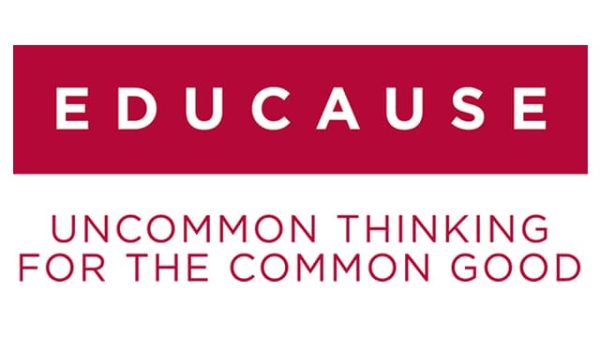University awarded national grant to aid student success

UNC Charlotte’s retention rates for first-year students have steadily increased during the past five years, and now University leaders look to build upon that success through a special grant from EDUCAUSE.
The University is one of 24 recipients of a three-year, $225,000 Integrated Planning and Advising for Student Success (IPASS) grant funded by the Gates Foundation and the Helmsley Charitable Trust. EDUCAUSE is a nonprofit association comprised of IT leaders and professionals who are committed to advancing higher education.
According to EDUCAUSE, IPASS recipient institutions will research how to utilize current software and/or technology to improve educational planning, counseling and advising to promote an integrative approach to student success through “shared ownership for educational progress among students, faculty and staff.”
The aim of the three-year grant, awarded to two- and four-year institutions, is to increase year-to-year student retention by 10 percent, an ambitious goal noted University leaders.
John Smail, dean of University College and co-author of the grant proposal, stated “We’re close to 84 percent for retention of first-year full-time freshmen, which is great. But now to make further progress, we need to employ a planned, integrated technological approach to better identify students who are at risk.”
The University plans to integrate data from three sources. The Student Success Collaborative can assess undergraduates’ risk and monitor their completion of courses deemed critical to specific majors, and Starfish Connect can provide details related to advising appointments and records. The third software, DegreeWorks, is scheduled for implementation, and it will be used by advisors and students to track degree progression/completion.
IPASS grant funding will enable the University eventually to integrate data from all three to:
- Enable students to appreciate the consequences of different choices and equip them to make and follow through on plans to achieve timely graduation
- Aid advisors to refer students to appropriate support resources and receive reports on students’ use of the services
- Allow advisors to craft intervention campaigns based upon specific assessments for specific groups of students
UNC Charlotte has a strong advising culture, explained Smail. “Advisors do critical work with students but to see continued improvements in student success we need to provide them with tools that can help them identify students for whom academic support interventions will make the most difference.”
Ultimately, the goal is to promote student success by providing undergraduates with information that helps them to better chart their own educational journeys. Integrating the technology will enable University officials to create profiles based upon students’ progress and predict the likelihood of their graduating in their major and how long they will take to degree completion.
“Students who return for their fifth semester are very likely to graduate,” said Smail. “But we need to get more students to that point, and once there, we need to get them graduated as soon as possible.”